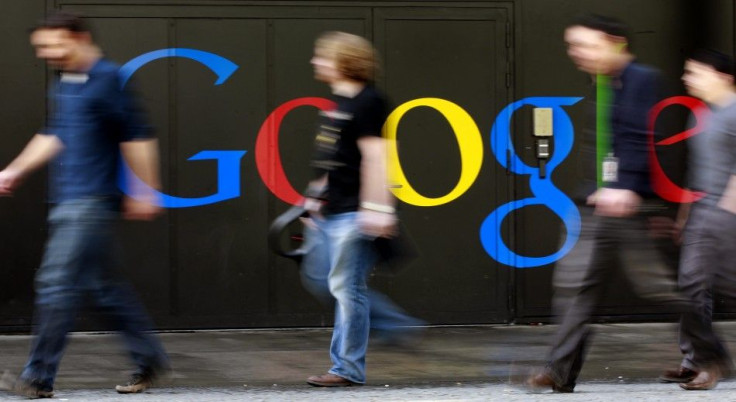Is Google Making A Mistake With Google+’s Controlled Release?

It would at least seem on the surface that it's so far, so good for Google+.
Google Inc. announced it has shut down the invite mechanism for its new social network due to insane demand. Vic Gundotra, senior vice president of Engineering at Google, said in a post on Google+, We need to do this carefully, and in a controlled way. Thank you all for your interest!
Gundotra did not indicate when the invite function would be put back up. The company said Google+ was in a beta development period when they introduced it this week. It did not reveal when it would be available for everyone.
The company could not clarify how many people have been invited and how many have signed up. The most a spokesperson could say was the invitation process will be opened and closed periodically as the company works on getting the network ready for its big public release.
Google said it likes the controlled release because it allows them to fix any bugs that may appear. Had they opened it up to the general public with a lot of bugs, some consumers may have left Google+ immediately and never come back.
The controlled release is a Google favorite. Google has used it with past social networks like Wave and with its most successful product ever, Gmail. However, this time around, one analyst says they may have dropped the ball.
They seem to be indicating that they are overwhelmed, Ezra Gottheil, analyst at TBR, Technology Business Research, said. It's simple arithmetic, you have a contact list and you invite people easily. People may have invited people inadvertently. So it looks like they made a mistake. They didn't estimate how fast it would explode and a rapid influx of traffic.
Gottheil is a fan of the controlled release but says Google could have done it better this time around. With Gmail, Google built up a large user base by touting one niche element to the service. In that case it was large bandwidth availability. Google, Gottheil says, should be doing that with Google+'s exclusivity feature through its Circles function.
I think they could have approached it differently. Instead of saying this is a social network for your friends, you say this is a social network for your group of friends. They should have encouraged people to try it with a Circle, Gottheil said.
For the most part, analysts and users seem to like the Circles function of Google+ more than anything else. One tech analyst, Charles King, from Pund-IT, says Google may have tapped into human nature with the exclusivity function.
Circles is an interesting feature. While Facebook does support the group function, Google Circles is a more intuitive approach and seems to mimic the way people work in their lives. Most tend to associate themselves with a group of people and certain environments, King said.
Because of Circles, many say Google+ will be able to fare better in privacy than Facebook.
It allows people to be more selective in the way they share information and share the details of their lives, King said. There's a generation of people that have gotten used to the way Facebook sees it, it will be interesting to see if they prefer having a greater degree of choice.
Follow Gabriel Perna on Twitter at @GabrielSPerna
© Copyright IBTimes 2024. All rights reserved.




















